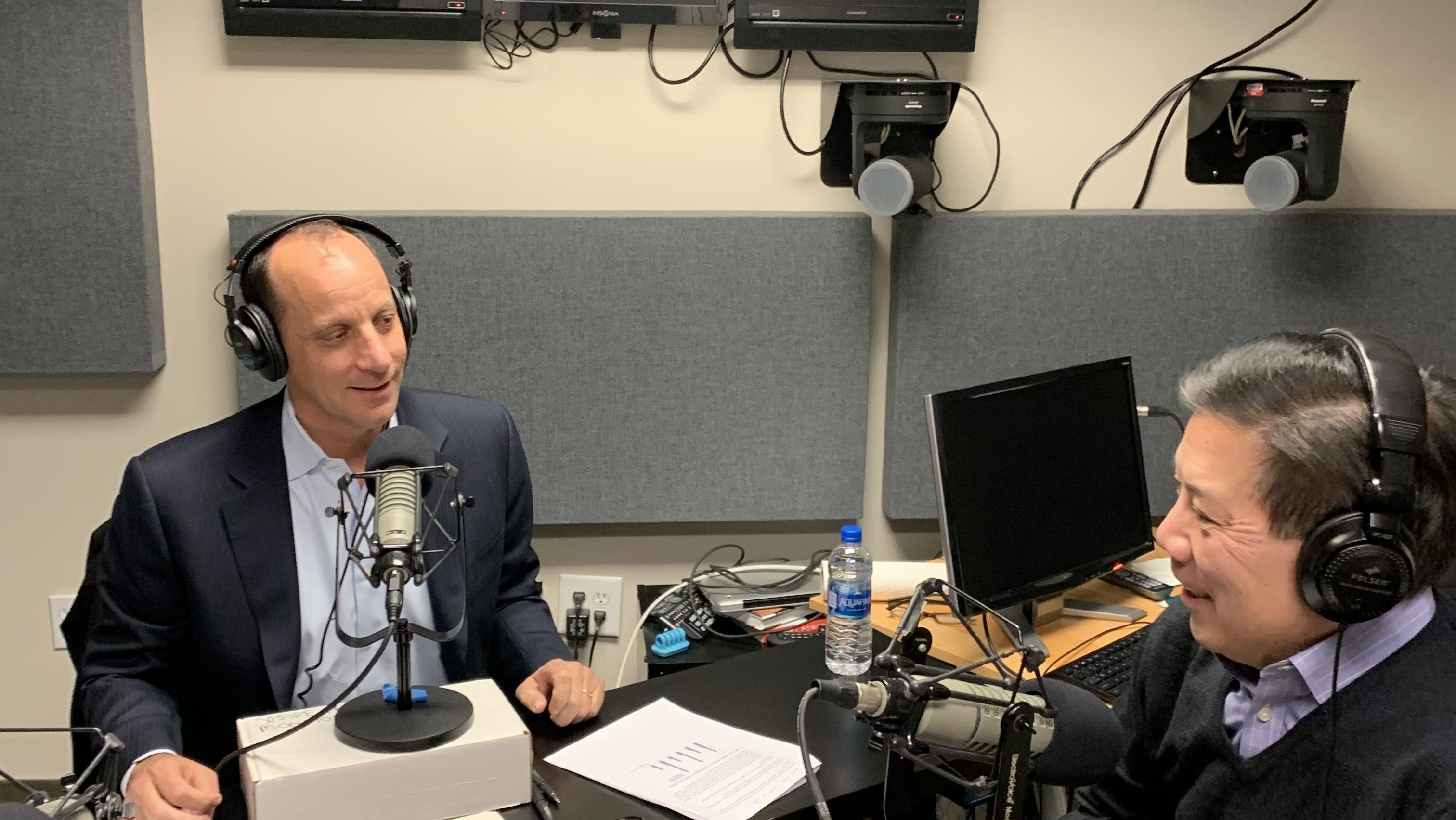Blog
February 17, 2020
The Obama transition to power
Head of Barack Obama’s 2008 transition, Chris Lu explains how the Obama team planned for effective governance on day one. In this conversation, Lu explains his role in the 2008 transition and the challenges he faced coordinating the biggest handoff of power in the world. He gives insights from his own experience and lays out the key elements for success in presidential transitions.
Listen, rate and subscribe on Apple Podcasts, Spotify, Stitcher and TuneIn.
[tunein id=”t138723445″]Read the highlights:
Dave: “So you know nothing about transitions, but he trusts you. He asked you to do this. How did you actually become an expert on transition? How did you get up to speed?”
Chris Lu: “The first thing I did is I went to talk to Jim Johnson who had, uh, run, uh, John Kerry’s presidential transition in 2004. And when I got to Jim’s office, he said, you know, I’ve been expecting you. He goes into his closet and pulls out all of his transition boxes from 2004, which also contained all of Al Gore’s materials from 2000, and, you know, as the next democratic transition, he hands them all to me.”
Dave: “One of the things that you did after the Obama transition was you worked with the partnership for public service and you gave the partnership a bunch of documents from the Obama transition. Why did you do that?”
Chris Lu: “I didn’t think I should be the keeper of all of the transition documents in my attic, which is kind of the case right now. It shouldn’t be the case where I go meet Jim Johnson and he reaches into his closet and pulls out a big box. It should sit somewhere other than me.”
Dave: “So looking back on your time from when you violated what Obama told you to do, which was not until your wife to getting to election day to getting to inauguration date, what is the most important lesson learned that you would say?”
Chris Lu: “I am proud of the fact that we ran what is, as you say, considered one of the best transitions in history. And it’s in part because we prepared. But we were also flexible.”
